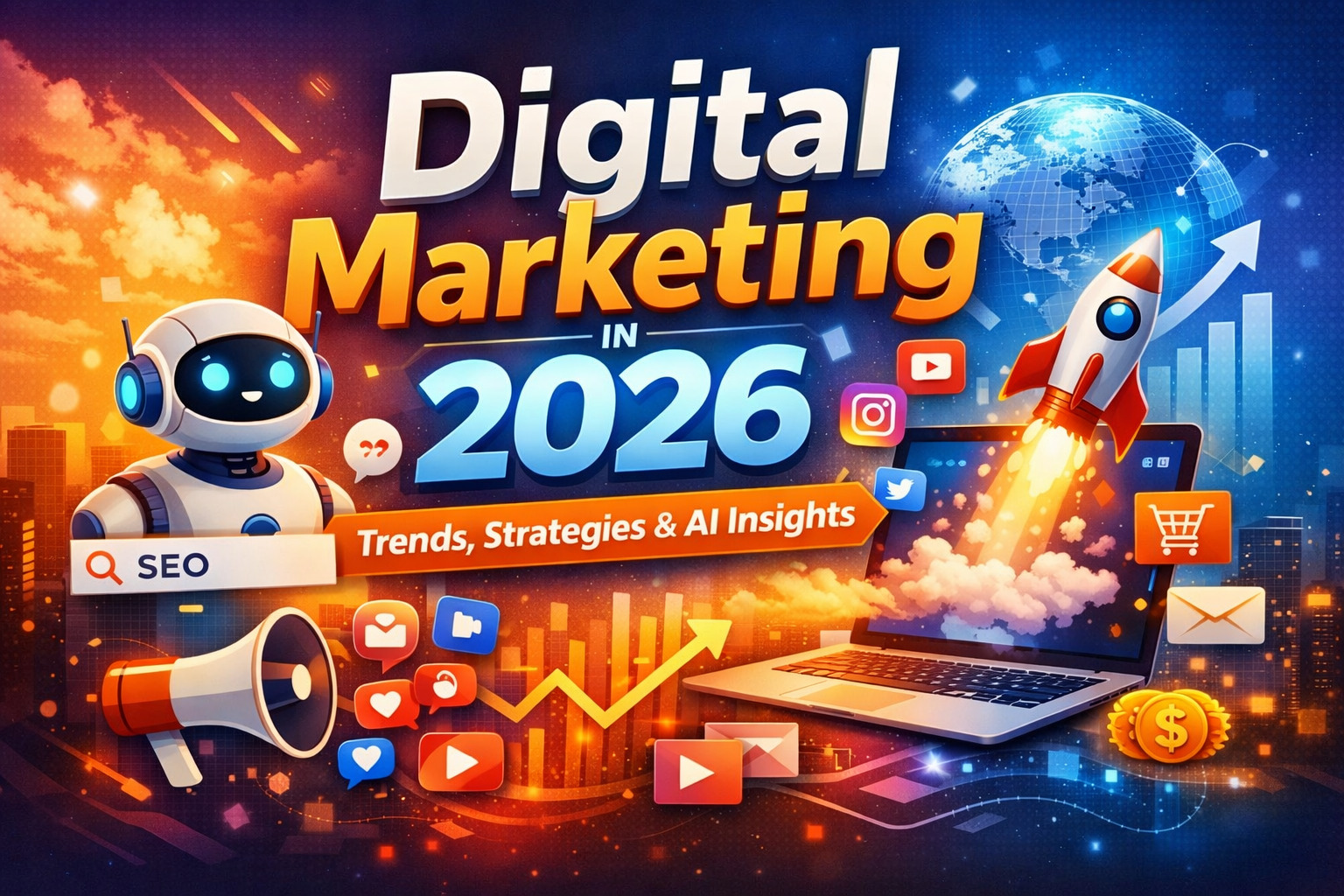An Education Market Assistant plays a vital role in the education sector by supporting marketing activities aimed at promoting an institution’s offerings, enhancing brand visibility, and driving enrollment growth. They are integral to executing marketing campaigns, analyzing market trends, and ensuring successful communication with target audiences, including students, parents, and educational stakeholders.
Key Responsibilities
- Campaign Support: Assisting in the planning, development, and execution of marketing campaigns for educational programs, events, and initiatives. This often includes coordinating email campaigns, managing social media calendars, and preparing promotional materials.
- Market Research: Conducting research to identify trends, target demographics, and competitor analysis in the education market. This information helps shape marketing strategies that resonate with prospective students and their influencers.
- Content Creation: Contributing to the creation of brochures, newsletters, blog posts, and other content that effectively promotes the institution’s offerings while also maintaining brand consistency.
- Event Coordination: Supporting educational events such as open days, webinars, workshops, or fairs by managing logistics and assisting with promotional efforts.
- Digital Marketing Support: Managing website updates, SEO optimization, and social media engagement to maximize the reach and impact of digital platforms.
- Lead Management: Assisting in the collection, organization, and follow-up of inquiries or applications from potential students to foster lead conversion.
- Reporting and Analytics: Tracking and analyzing campaign performance metrics like enrollment rates, click-throughs, and engagement levels to provide actionable insights and refine strategies.
Essential Skills and Qualifications
- Strong Communication Skills: Proficiency in both written and verbal communication to create compelling marketing materials and interact effectively with various audiences.
- Technical Proficiency: Familiarity with digital marketing tools such as CRM platforms, email marketing software, social media management tools, and analytical tools like Google Analytics.
- Time Management: Ability to handle multiple tasks and deadlines effectively in a fast-paced environment.
- Creativity and Adaptability: Skilled in developing innovative ideas for campaigns and adapting strategies to meet different market needs.
- Team Collaboration: Works closely with marketing managers, graphic designers, and other team members to ensure campaigns align with overarching goals.
- Data Analysis: Competency in interpreting data to understand campaign success and areas for improvement.
- Knowledge of Education Sector: Understanding of the needs, expectations, and behavior of students, parents, and educators.
Importance in the Education Sector
Education Market Assistants play a critical role in connecting educational organizations with their target audience. Their support ensures that marketing campaigns are well-researched, effectively implemented, and aligned with institutional goals. This helps drive enrollment, build brand reputation, and enhance engagement in an increasingly competitive education landscape.
By combining creativity with analytical thinking, Education Market Assistants help institutions adapt to evolving market demands, keep up with technological advancements, and remain relevant to their communities. They act as the backbone of the marketing function, ensuring that every campaign contributes to the institution’s growth and success.
Ultimately, they don’t just promote education but also help open opportunities for learners to shape their futures, making their contributions both impactful and meaningful in the education sector.
What is Marketing

Marketing is a multifaceted and dynamic field that involves various activities aimed at promoting, selling, and delivering products or services to consumers, businesses, or other organizations. It encompasses a wide range of strategies and tactics designed to attract and retain customers while achieving organizational goals. Here are key components and concepts within the realm of marketing:
- Understanding Customer Needs:
- Marketing begins with a deep understanding of customer needs, preferences, and behaviors. Researching and analyzing the target audience helps in tailoring marketing efforts to specific demographics.
- Product Development:
- Marketers collaborate with product development teams to ensure that the features and benefits of a product or service align with customer demands. This involves creating offerings that stand out in the market.
- Branding:
- Building a strong brand identity is crucial for marketing success. This includes creating a distinctive brand image, logo, and messaging that resonates with the target audience, fostering brand recognition and loyalty.
- Advertising:
- Advertising involves creating and disseminating messages through various channels to promote products or services. This can include traditional mediums like TV and print, as well as digital platforms such as social media and online advertising.
- Digital Marketing:
- In the modern landscape, digital marketing plays a significant role. It encompasses online channels like social media, content marketing, email marketing, search engine optimization (SEO), and pay-per-click (PPC) advertising to reach and engage a digital audience.
- Public Relations:
- Public relations (PR) focuses on managing and enhancing the public image of a company or brand. It involves building positive relationships with the media, stakeholders, and the public to create a favorable perception.
- Sales:
- Sales teams work closely with marketing to convert leads into customers. This involves direct interactions with potential clients, understanding their needs, and demonstrating how a product or service can address those needs.
- Market Research:
- Continuous market research helps marketers stay informed about industry trends, consumer preferences, and competitive landscapes. This data-driven approach informs strategic decisions and ensures relevance in the market.
- Customer Relationship Management (CRM):
- CRM involves managing and nurturing relationships with existing customers. It includes strategies to retain customers, encourage repeat business, and gather feedback for continuous improvement.
- Promotions and Special Offers:
- Marketing often involves creating promotions, discounts, or special offers to incentivize purchases and attract new customers. This can include limited-time deals, loyalty programs, or bundled packages.
- Social Responsibility and Sustainability:
- Modern marketing increasingly emphasizes corporate social responsibility and sustainability. Companies showcase their commitment to ethical practices, environmental responsibility, and social causes to build a positive brand image.
In essence, marketing is a dynamic and ever-evolving discipline that requires a holistic approach. Successful marketing strategies integrate various elements to create a cohesive and compelling narrative that resonates with the target audience, ultimately driving business growth and success.
Understanding the Education Market Assistant Role

Education Market Assistants are the backbone of educational institutions, facilitating communication and collaboration between educators, administrators, and external stakeholders. Their responsibilities include market research, resource coordination, and creating avenues for professional growth. While the traditional approach involves offline methods, embracing the digital realm through a blog can exponentially amplify their influence.
Benefits of Having a Blog for Education Market Assistants
Visibility and Reach
In a world dominated by digital interactions, having an online presence is paramount. A blog serves as a platform to showcase the expertise and insights of Education Market Assistants, reaching a wider audience.
Credibility and Authority
A well-maintained blog establishes credibility within the education sector. It positions Education Market Assistants as thought leaders, contributing to discussions and shaping the narrative in their field.
Key Components of an Educational Blog

Creating an impactful blog involves more than just writing. A successful educational blog incorporates:
Content Strategy
Understanding the target audience and tailoring content to their needs ensures relevancy and resonance. Education Market Assistants can share success stories, best practices, and valuable resources.
Design and User Engagement
A visually appealing and user-friendly blog keeps visitors coming back. Incorporating multimedia elements and interactive features enhances the overall user experience.
Choosing the Right Platform for Your Blog
Several blogging platforms are available, each with its unique features. Consider factors like ease of use, customization options, and SEO capabilities when selecting the platform that best suits your needs.
Content Creation Strategies
Engaging content is the lifeblood of any blog. Education Market Assistants can:
Diversify Content Types
Explore formats like articles, interviews, and case studies to cater to different learning preferences.
Regular Updates
Consistency is key. Regularly updating the blog ensures a steady flow of fresh content and keeps the audience engaged.
Search Engine Optimization (SEO) for Educational Blogs
Optimizing content for search engines is essential for improving visibility. Incorporate relevant keywords, meta descriptions, and alt text for images to enhance SEO performance.
Utilizing Social Media for Blog Promotion
Social media platforms are powerful tools for promoting educational blogs. Share blog posts, engage with followers, and participate in relevant conversations to increase visibility.
Building a Community Around Your Blog
Fostering a sense of community enhances the impact of an educational blog. Encourage comments, host discussions, and consider creating a forum or community space for your audience.
Measuring Success: Analytics and Metrics
Utilize analytics tools to track the performance of your blog. Monitor metrics like page views, engagement, and audience demographics to gain insights into what works and what needs improvement.
Challenges and Solutions in Blogging for Education Market Assistants
While the journey of creating a blog may have its challenges, Education Market Assistants can overcome them by:
Time Management
Allocate dedicated time for blog-related activities and create a content calendar to stay organized.
Content Quality
Prioritize quality over quantity. Each piece of content should add value and resonate with the target audience.
Case Studies: Successful Educational Blogs
Examining successful educational blogs provides inspiration and practical insights. Explore case studies of renowned Education Market Assistants who have effectively leveraged blogging to enhance their impact.
Staying Updated: Trends in Educational Blogging
The digital landscape evolves rapidly. Stay abreast of the latest trends, tools, and strategies in educational blogging to ensure your blog remains relevant and effective.
Monetization Opportunities for Educational Blogs
Beyond influence, an educational blog can present monetization opportunities. Explore options like sponsored content, affiliate marketing, and online courses to turn your blog into a potential revenue stream.


